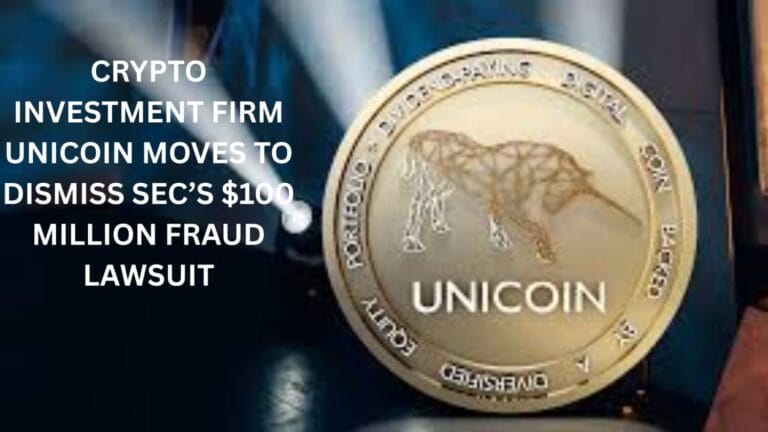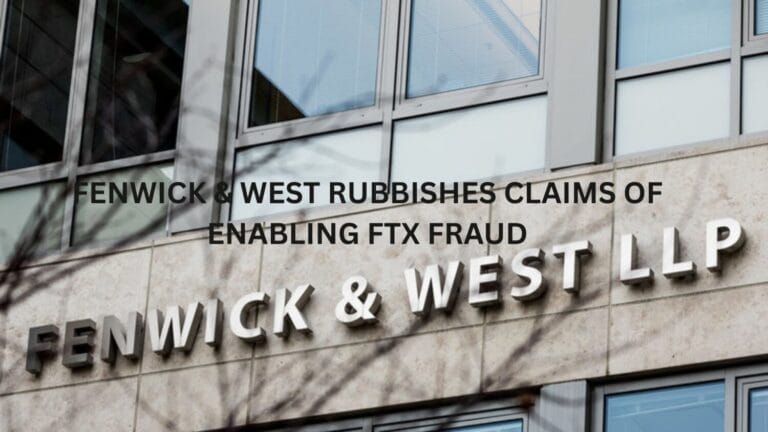Key Takeaways
- Coinbase argued that without any right to sue an asset’s issuers, there’s no investment contract.
- Coinbase’s team invoked the major questions doctrine, arguing that agencies shouldn’t rule on issues of “major” political or economic significance under congressional law.
- SEC argued that token buyers invest in the network or ecosystem associated with the token, signifying a value proposition in the purchase.
The highly-anticipated legal clash between cryptocurrency exchange Coinbase and the U.S. Securities and Exchange Commission (SEC) unfolded in a federal court, where Coinbase seeks the dismissal of a lawsuit filed by the SEC in June 2023. The regulatory body accuses Coinbase of operating as an unregistered national securities exchange, broker, and clearing agency, a claim the exchange vehemently denies.
Central to the SEC’s lawsuit are 13 tokens listed on Coinbase, including popular cryptocurrencies like Solana, Cardano, Polygon, and more. The SEC contends that these tokens should be classified as securities, alleging that Coinbase’s failure to register as an exchange, broker, or clearing agency violates securities laws.
In a courtroom drama before United States District Judge Katherine Polk Failla, the SEC and Coinbase engaged in a heated debate. One crucial point of contention arose as Judge Failla questioned the SEC attorneys about applying the Howey test to digital token issuances, expressing concerns about the potential breadth of the case.
The Howey Test comprises four criteria that determine whether an asset qualifies as an “investment contract.” If the asset involves “an investment of money in a common enterprise, with a reasonable expectation of profits to be derived from the efforts of others,” it falls under the category of a security. Assets classified as securities are subject to disclosure and registration requirements mandated by the Securities Act of 1933 and the Securities Exchange Act of 1934
Coinbase’s legal team seized the opportunity to emphasize a broad concept: the idea that buying something to profit from its ecosystem could apply to various assets, from commodities like coffee to cryptocurrencies like Bitcoin. They argued against what they perceived as the SEC’s attempt to create a new version of the Howey test while simultaneously permitting the trade of crypto tokens on its platform.
The SEC countered by asserting that token buyers invest in the network or ecosystem behind them, presenting a value proposition. Coinbase’s attorneys challenged this argument by drawing parallels with Bitcoin, a cryptocurrency the SEC had previously described as a commodity. They underscored that Bitcoin, like other cryptocurrencies, is backed by a community and has a network.
The courtroom discussions delved into nuanced topics, including the definition of staking, secondary market transactions, and recent court rulings involving crypto firms such as the Ripple and Terraform Labs cases. Coinbase’s legal team emphasized distinctions between their case and the Terraform Labs dispute, particularly noting that the latter did not involve secondary market transactions as conducted on the Coinbase platform.
Legal requirements for establishing an investment contract under U.S. law became a focal point during the hearing. Coinbase argued that users trading tokens on its platform may or may not seek profit, as tokens can also be acquired for their utility. This highlighted the broader debate in the cryptocurrency industry regarding the classification of tokens and their treatment under securities laws.
The SEC argued that Coinbase independently conducted the Howey test, leading to varying interpretations of certain tokens’ status. This discrepancy, according to the SEC, provides ample grounds to reject Coinbase’s motion for dismissal and proceed with the case.










